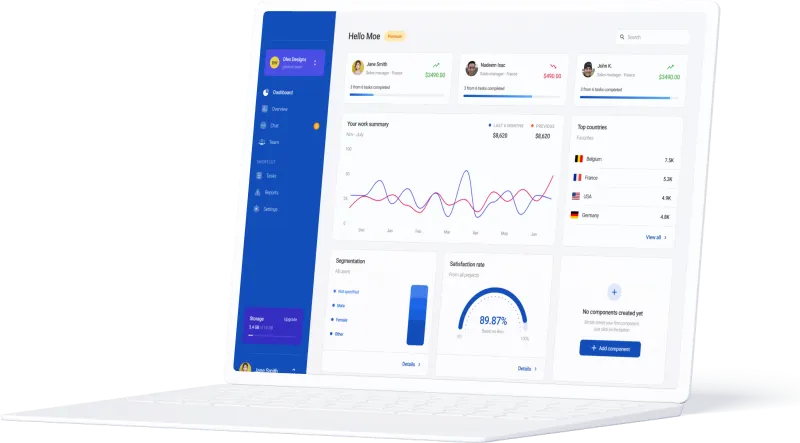Do Product Tags On Shopify Help With SEO?
Learn About On Page SEO

%201.webp)

Many e-commerce store owners have been wondering about the effects that Shopify tags have on their stores’ ranking online. This article covers in detail what these tags are meant to do, and what you can do to avoid duplicates on many pages because duplicated content affects your search engine rankings.
What are Shopify Product Tags?
A majority of online stores include several products, and in cases where there are several product types, you might require using a filtering system that makes it easier to navigate the items quickly and effectively. On Shopify, the filtering system is wholly based on product tags.
Tags are employed on each of the areas of Shopify, so a set of different tags can be produced. As you are creating tags in certain areas, they can’t be copied to the areas that the tags are being used. For instance, orders can be organized by tags which include words such as test or packed, but when tags such as tax-exempt or wholesale are used, these can be applied to several clients. Every kind of tag may correspond to every section which gets organized.
On the details page of Shopify, a product type is used to delete or add tags, and it’s also possible to have your products filtered right on the products page and also on your inventory page. When setting up an automatic collection on Shopify, the system allows you to use product tags as filters, or as the selection criteria when creating a menu. Any time a customer searches for a product that matches what is listed in the product tags, that product becomes visible to the customer.
Shopify Product Tags are Good or Bad for SEO?
The reality, according to a top reputable SEO agency is that while product tags help to make your customers look for the products that they need and shop quickly, it doesn’t add direct value or impact to your pages SEO authority or performance.
However, if you are using product tags on your products page, or you are linking to the tagged page, then they can affect your SEO. Moreover, if you keep your theme list and product tags on a separate page, that, perhaps, is the page that Google will read and index, and so you should be very cautious because Google may think that you are stuffing keywords, therefore penalizing you. Well, having several tags can be okay, but if each item contains more than 20 tags, then that should be a cause of concern.
Possible issues with product tags on Shopify
It’s worth knowing that everything out there has got two sides and product tags on Shopify aren’t an exception. For every new page of product tags that are generated, a new page copy or Meta description should be provided to assist you in preventing the occurrence of duplicate content across your e-commerce website.
But in big e-commerce sites, there will be many pages of product tags, covering categories and subcategories. These pages get indexed in search engines and cause lots of duplicated pages, and this may show negative results on the search engine algorithm which ensures that your website is properly optimized to cater for the needs of different users.

Want to hire us to do your SEO for you?
Simply fill out your information below. We'll audit your SEO live on video and send it to you free of charge. Simple as that.


